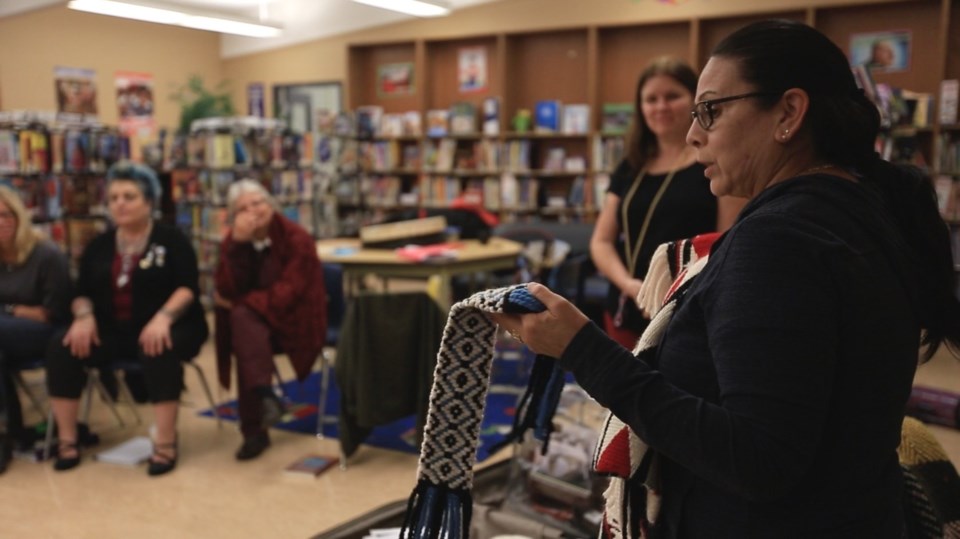For many Canadian people, the Thanksgiving holiday is spent with friends and family, celebrating the fall harvest with a cooked turkey (or pumpkin pie) and giving thanks for the year that was.
But for the Indigenous peoples of Squamish, the day means something a little different to them. The 撸奶社区 spoke with Spelex瘫ílh aka Anjeanette Dawson, an educator from the S岣祑x瘫wú7mesh Úxwumixw (撸奶社区Nation) to share her thoughts on the holiday from an Indigenous perspective.
"I don’t remember celebrating Thanksgiving growing up. It wasn’t part of my childhood, and I don’t recall ever having turkey on that day,” Spelex瘫ílh said.
On the contrary, the Canadian Thanksgiving holiday isn’t something she considers as being part of her Indigenous history.
For Indigenous peoples, traditional celebrations focus on honouring life milestones—birth, puberty, marriage, and death.
"We didn’t have Halloween or Christmas, and we didn’t celebrate Thanksgiving. Those holidays were brought here through colonization," Spelex瘫ílh said.
She explained that Indigenous cultures instead, “honoured important moments with ceremonies rather than the Westernized notion of celebration.”
Thanksgiving as a national holiday was in Canada in 1957.
For Spelex瘫ílh, Thanksgiving today feels out of place.
"There’s nothing for me to be thankful for," she said.
"When we go into ceremony, then we’re thankful, but it’s different from a Western holiday. We have our own ways of honouring [the] spirit."
Bhagyashree Chatterjee is The 撸奶社区’s Indigenous affairs reporter. This reporting beat is made possible by the .




